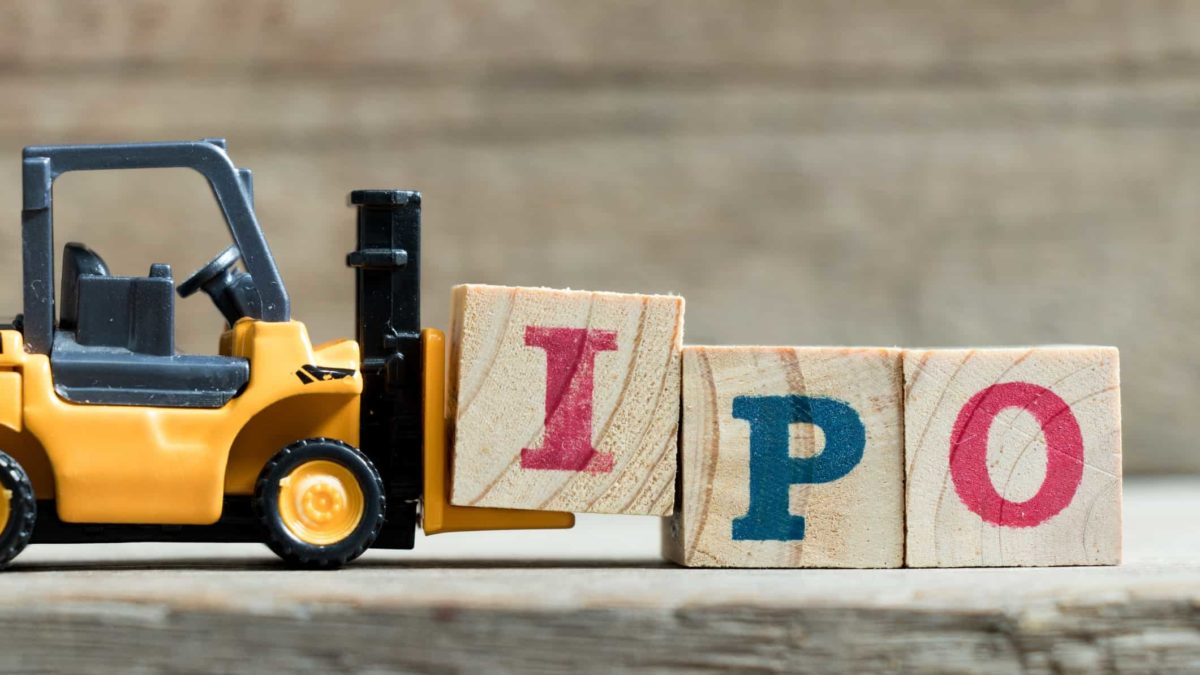An IPO (or Initial Public Offering) can be an exciting event on the ASX, or any other share market for that matter. That's because it involves the process of a private company becoming public, with its shares trading on the stock exchange for the first time.
Normally, most investors are locked out of investing in private companies because the shares aren't publicly traded on a market.
But an IPO 'democratises' a company by allowing it to be accessible for the first time to any investor with money to spare. Thus, it's always an exciting event with a lot of 'buzz' when a company goes public for the first time.
All listed companies underwent some kind of IPO in their history. This is the case whether relating to recent listings like Splitit Ltd (ASX: SPT) or those that occurred over a century ago, like Washington H. Soul Pattinson and Co. Ltd (ASX: SOL).
Some big names that have IPOed on the ASX in the last 5 years include Splitit, as well as Viva Energy Group Ltd (ASX: VEA), Marley Spoon AG (ASX: MMM) and Elixinol Global Ltd (ASX: EXL).
Over in the United States, there are some bigger names you might have heard of that recently had IPOs. These include Uber Technologies Inc (NASDAQ: UBER), which floated just last year, along with Beyond Meat Inc (NASDAQ: BYND). These were very exciting events that generated a lot of investor interest.
Should you invest in IPOs?
Just because you can invest in something, it doesn't necessarily mean you should. Investors often get swept up in the hype of an IPO. But here's why I think investing in one usually isn't a good idea for the average investor.
When a company is private, it is subject to far less scrutiny than a public company. Even after a private company becomes public, it can sometimes take years for all of the company's skeletons to come out of the closet.
What's more, you don't get a chance to see how a company is actually weighed up by the market until after the IPO occurs. This can result in the shares being quickly re-valued.
Thus, a company can believe its own shares are worth $10 each and, as such, offers them at its IPO for $10. But if the market has a different opinion, you might find the shares trading at $7 or $5 each very quickly.
Boom, you've just lost 30% or more of your money on day one.
Foolish takeaway
In my experience, losing money on an IPO happens more often than not. Therefore, I generally think it's preferable to wait until after a company has floated to buy in. That way, you can ensure you are buying its shares at the market price, rather than at a price the company has concocted. Too often, IPOs are done to let old investors out, not to let new investors in. Thus, I think all investors should be very careful with IPOs and be sure to have a cold shower before jumping in.









